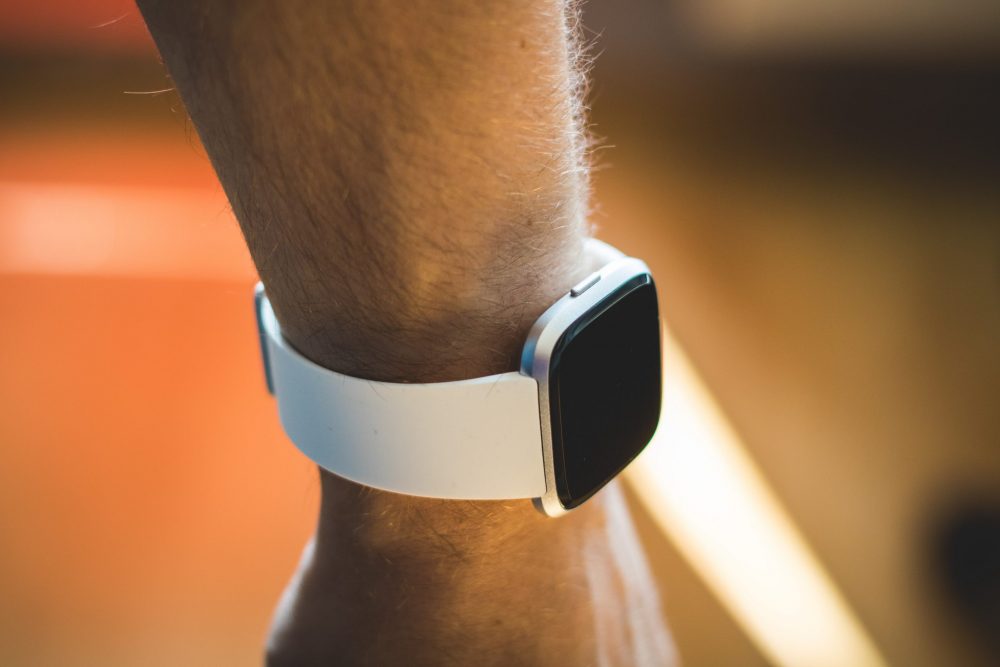
More Than A Headache – How to Deal with Migraine Pain
This is a collaborative post
Migraines are severe headaches which can be exceptionally painful and debilitating. Many sufferers will experience an intense throbbing pain on one side of the head, although a migraine can affect each side of the head. Migraineurs suffer from different symptoms besides the acute headache. Vomiting, nausea, and sensitivity to light and sound can often accompany a migraine, and the attack can last anywhere between 4 to 72 hours, depending on how an individual responds to the migraine relief options they try to deal with Migraine pain.
Migraines are a common condition, although it is estimated over half of sufferers remain undiagnosed. According to studies, around 1 in 3 migraineur’s have what is termed migraine with aura, where they experience additional temporary warning symptoms, including seeing flashing lights, blind spots, or zig-zag lines in their vision. A migraine without aura is more common, but even when the migraine starts to ease, it can leave you feeling drained for a few days after. Some people may experience a migraine once or twice a year, but for others, it can be much more frequent.
Ultimately these incapacitating headaches can severely impact on personal and professional lives when they strike. Most people will not be able to work when suffering from a severe migraine, especially those whose jobs involve driving or operating machinery – it is estimated that 25 million days of work or school are lost each year in the UK due to the condition. Migraines can strike suddenly, causing you to have to cancel plans at short notice and miss out on events you were looking forward to. Migraines strike directly at a sufferer’s quality of life. Yet there are migraine relief options, natural and medicinal, to try to relieve the worst effects of the condition.
Migraine Relief
The intensity and duration of a migraine can, at times, make it feel like there is no end in sight. However, there are several natural, lifestyle, and medicinal remedies which can offer relief as well as provide ways to help prevent and deal with Migraine pain:
Find a calm environment
Many migraine sufferers find lying down in a darkened room helps to soothe them and relieve some of the pain. Symptoms of the condition can include sensitivity to light and sound, so having a space where you can retreat to and turn off the lights and remove external noise can be beneficial.
Use a cold compress or a heat pack
By applying a cold compress to the head or the base of the neck, you may be able to numb the effects of the migraine. Using a heat pack offers relaxation, as does taking a nice long, hot bath. The heat helps stimulate the flow of blood carrying oxygen to the affected parts.
Essential Oils
Various studies have indicated essential oils help relieve migraine symptoms for some sufferers. Lavender, sweet basil, and peppermint oils are examples of oils that could be beneficial. Another natural product thought to help with migraines is ginger, as it can help relieve the pain and nausea.
Removing Stress
Stress is a major migraine trigger, and although difficult to remove from modern life altogether, analysing and trying to remove the main causes of your stress may help reduce the frequency of the migraines.
Plenty of Sleep
Sleep is a vital restorative tool for the body, and a lack of it can be a trigger for migraines. Try to have the recommended 7 to 8 hours of sleep every night and ensure the bedroom is best adapted to encourage this by removing screens and using thick, dark curtains.
Eat Well and Exercise
Maintaining a healthy body can help reduce the chance of migraines. Keeping a food diary will help identify any foods which trigger a migraine, which you can then remove from your diet.
Medicinal Relief
Painkillers often play a role in relieving migraines. Over the counter medications such as ibuprofen or paracetamol can provide relief. However, if they are not effective, you should consult a doctor who may be able to prescribe something more specific to migraine relief.
Do you ever suffer from migraines? What do you do to deal with Migraine pain?







